Interviews
Victory Corps Work during World War II
When in Hilo, the different thing was that everybody had to do some kind of work. So we spent…I spent in my junior year half a day going to school in Honomu and half a day doing Victory Corps Work. Everybody was supposed to do Victory Corps Work.
I*: Victory Corps Work? What did that mean?
Anything that had to do with helping the war effort. So on the plantation, they asked us to go and work on the plantation. And because my dad has his own fields, our family, we worked, we helped my mother weed in the cane land. Whereas many of the…all my friends had to go to the plantation camp fields and work in their fields. So those are things that they had asked us to do as part of the war efforts.
* “I” indicates an interviewer (Akemi Kikumura-Yano).
Date: May 31, 2006
Location: Hawai‘i, US
Interviewer: Akemi Kikumura Yano
Contributed by: Watase Media Arts Center, Japanese American National Museum
Explore More Videos

Fort Snelling
(b. 1921) Nisei veteran who served in the occupation of Japan

Traveling from Manila to Tokyo
(b. 1921) Nisei veteran who served in the occupation of Japan

Camp stories impact on her career
Sansei judge on the Superior Court of Los Angeles County in California
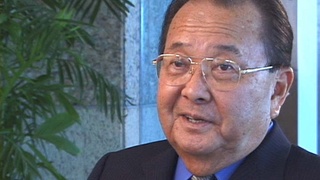
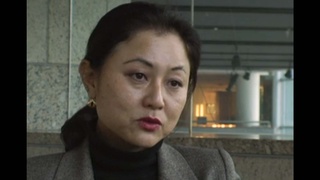
Concentration camp from a Japanese mother’s point of view (Japanese)
Shin-Issei from Gifu. Recently received U.S. citizenship
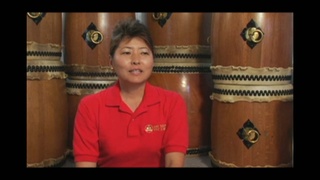
The multicultural perspective
(b.1960) Third-generation taiko drummer, leader of Maui Taiko
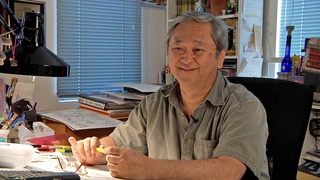

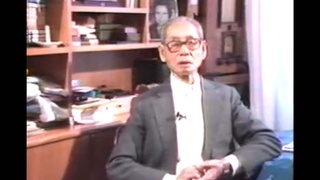
Makegumi - Movement to regognize the defeat of Japan (Japanese)
A central figure for the “Makegumi” (defeatists)
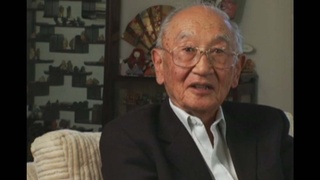
Strictly American, but sympathize with Japan
(1919-2020) Member of the 1800th Engineering Battalion. Promoted Japan-U.S. trade while working for Honda's export division.
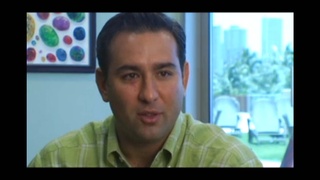
Never feeling discriminated against in Hawai‘i
Hawaiian businessman, developer.

Father's Service in WWII
(b. 1930) Half Japanese and grew up in both Japan and the United States.

Moving to Upland Post-Camp
(b. 1930) Half Japanese and grew up in both Japan and the United States.

Kindergarten in Davao, Philippines
(b. 1938) Philipines-born hikiagesha who later migrated to the United States.

Family was shipped back to Japan after the war
(b. 1938) Philipines-born hikiagesha who later migrated to the United States.
